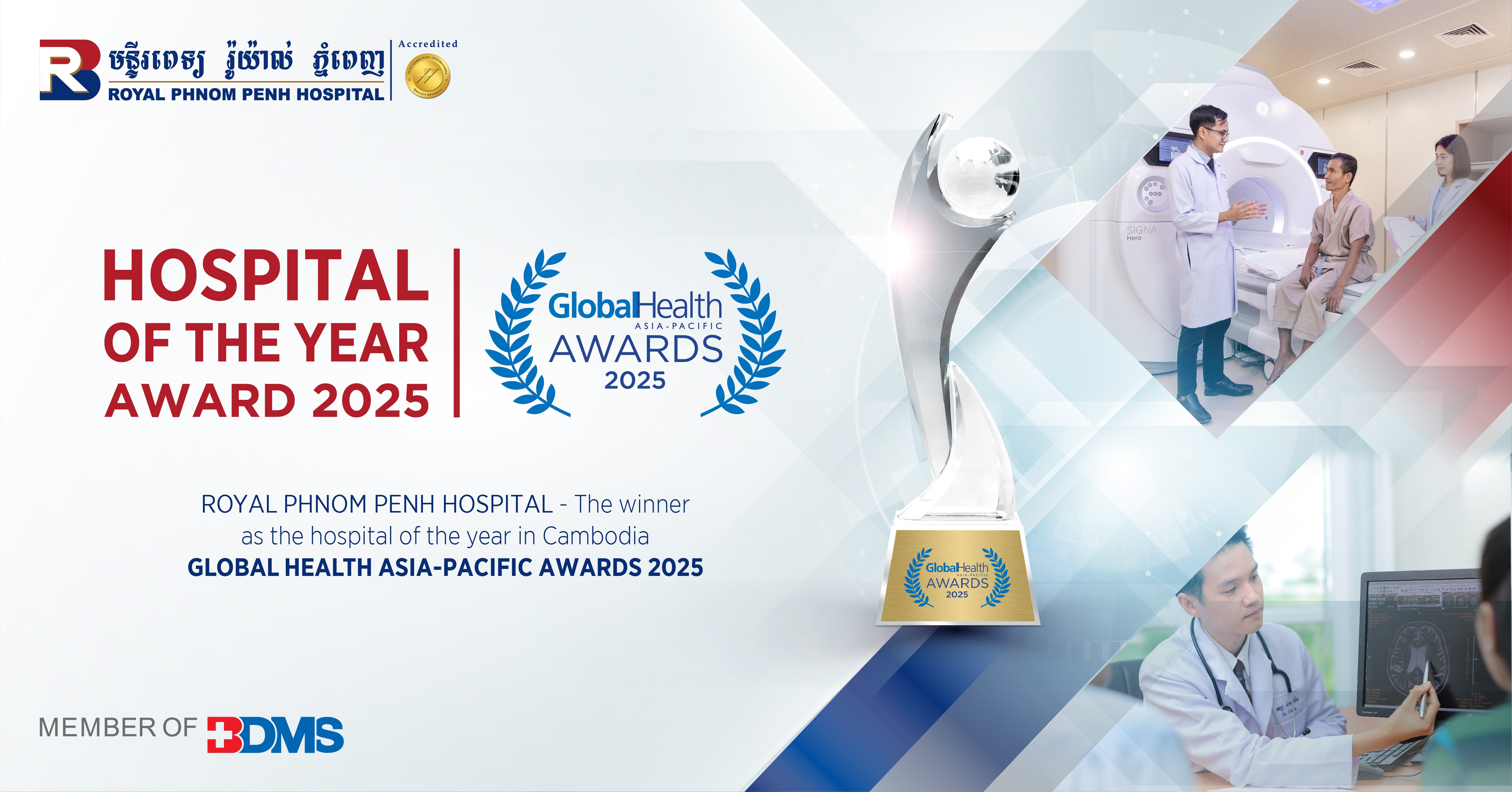Advanced Age Decreases The Chance Of Pregnancy. IVF Substantially Helps To Improve Fertility.
Infertility becomes a common medical problem that significantly affects a large number of couples worldwide. It is defined as not being able to get pregnant despite having frequent, unprotected sexual intercourse for at least a year for most couples. Infertility may result from either women or men or a combined factors that prevent pregnancy. Contributing factors to infertility usually are late marriage, advanced age and physiological changes that impair the chance of being pregnant. One of the most commonly asked questions are “what is the oldest age of a woman getting pregnant naturally? and why does aging affect fertility?” Being aware of infertility is vital since it can help to precisely guide family planning and seek medical assistance in timely manner.
Age Of Women And Pregnancy
Women’s fertility gradually declines with age due to:
-
Chromosomal abnormalities: As a woman ages, her eggs also age, resulting in the increased chances of chromosomal abnormalities. In humans, each cell normally contains 46 chromosomes, divided into 23 pairs. The zygote is originated from the combination of female gamete cell (egg) from mother and male gamete cell (sperm) from father. Gametes are reproductive cells and each cell carries only one copy of each chromosome. In human gestation, the zygote undergoes development into an embryo and fetus. Normally, each parent has to give 23 chromosomes to a pregnancy. When a sperm fertilizes an egg, the union leads to a baby with 46 chromosomes. Nevertheless, the chromosome dividing process from 46 to 23 chromosomes in the egg might not be fully completed at all times. This means some eggs might have 23 chromosomes as normal or too much (24 chromosomes) and too less (22 chromosomes). If the egg with abnormal amount of chromosomes is fertilized with sperm that even has normal number of chromosomes, the embryo then has incorrect number of chromosomes which results in either a gain or loss of chromosomes from the normal 46. Most chromosomal abnormalities in eggs lead to embryos that either fail to implant in the womb or miscarry soon after implantation. Embryos with incorrect number of chromosomes might be implanted in the womb but there is no ability to produce tissues and organs as usual. Although in some cases, the fetuses with wrong number of chromosomes might be able to survive, they are usually born with congenital defects including impaired growth and mental retardation. In women with advanced age, most miscarriages are caused by the wrong number of chromosomes being present in the eggs.
-
Impaired egg energetics: With advanced age, the energetics of reproduction drastically declines, leading to impaired ability of cells to divide. As a result, slow rates of cell division inhibit cells from reaching blastocyst stage or even stop growing without being implanted in the womb.
Women with older age are at greater risk of miscarriage while the chances of getting pregnant naturally are also limited. More importantly, the risks of having babies born with abnormal chromosomes such as Down syndrome significantly increase. Therefore, pregnancy in women with advanced age can be extremely challenging.
Questions That Need To Be Answered In A Couple Life
- What is the happiness of living together as a couple?
- Is a couple life without a baby needed?
- How much do you need to have a baby?
- When are you ready to have a baby? What are expected obstacles?
- How many babies do you need to have?
- If a mother becomes pregnant at advanced age e.g. 39, in case that more than one baby is needed, what are expected obstacles?
To achieve pregnancy, some women need only one or two therapies to improve fertility while other women may need several different types of treatment. Due to medical advancements, there are certain reproductive procedures that greatly enhance the pregnancy chances. These often include:
-
Intrauterine insemination (IUI): During IUI, healthy sperms are placed directly in the uterus around the time that the ovary releases one or more eggs to be fertilized.
-
In vitro fertilization (IVF): IVF is an assisted reproductive technology. It involves stimulating and retrieving multiple mature eggs, fertilizing them with sperms in a dish nourished by essential nutrients for the embryos and implanting the embryos in the uterus several days after fertilization.
Fertility Center at Bangkok Hospital offers world-renowned infertility treatment services by highly experienced specialists and multidisciplinary team. Our advanced technology and in-house IVF laboratory certified by international standards ensure the highest chance of successful pregnancy.








